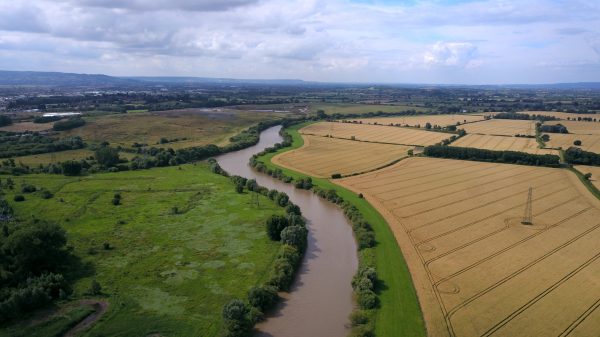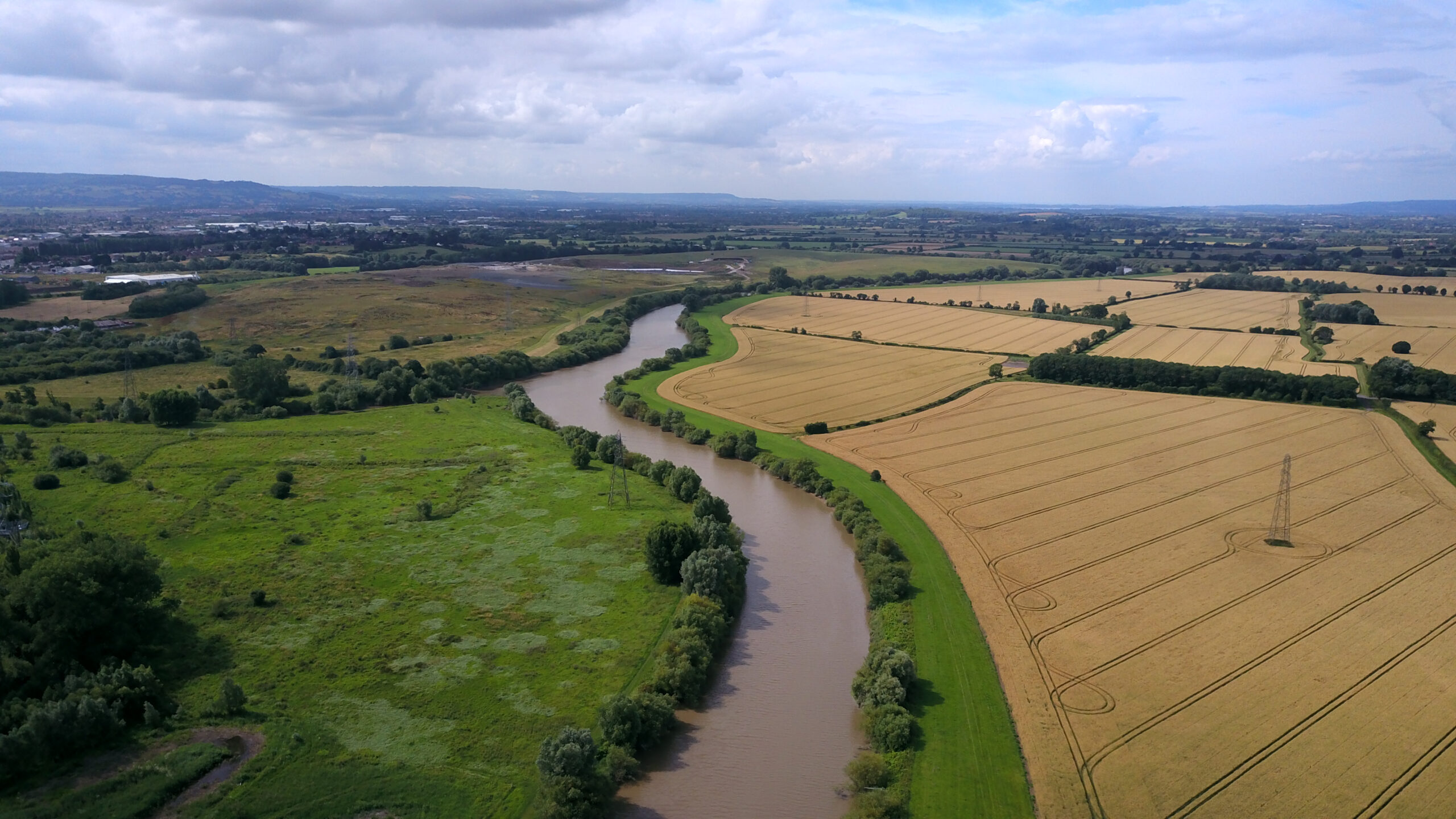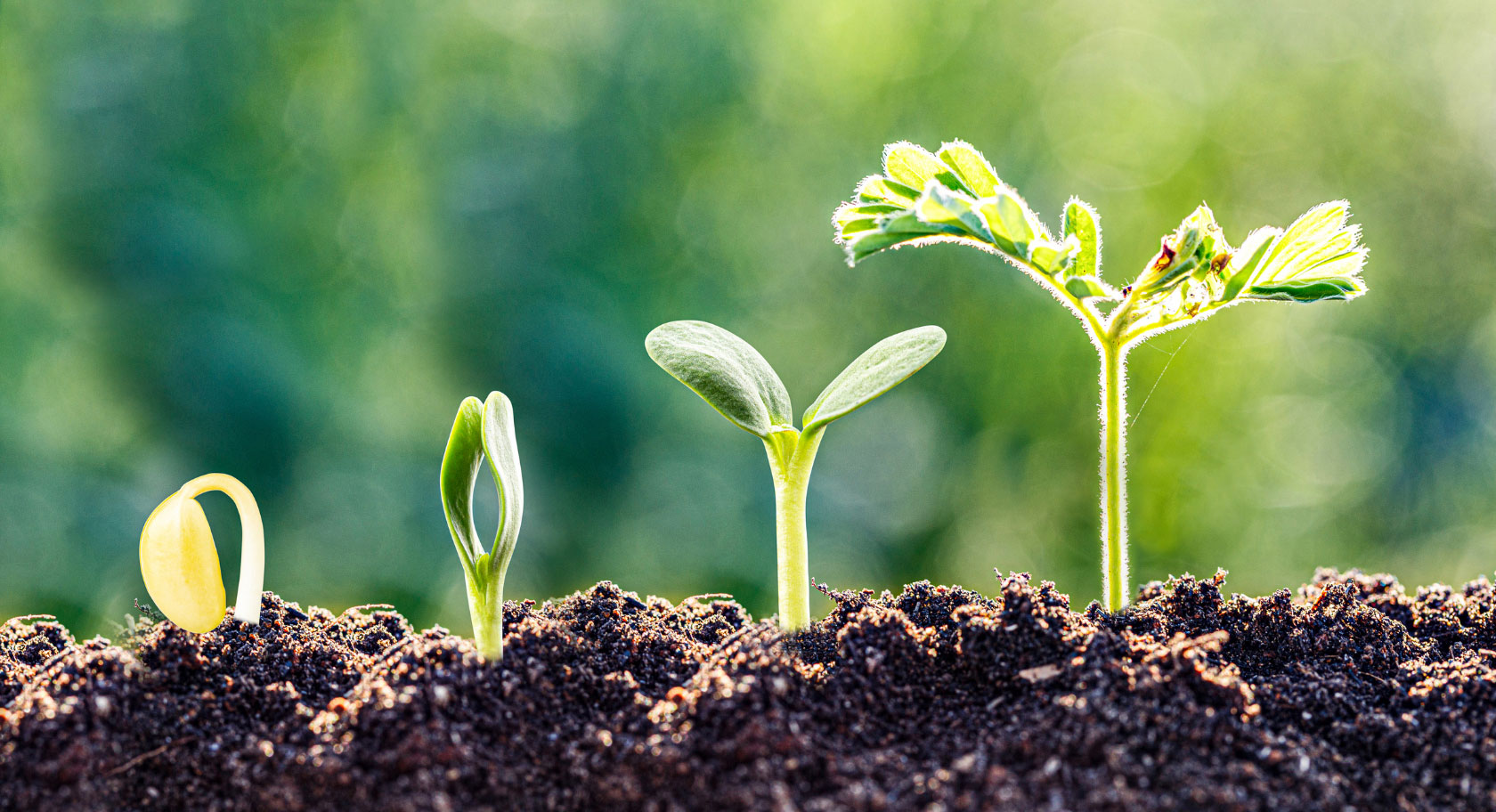
The Environmental Audit Committee has warned that poor water quality in English rivers results from chronic underinvestment and multiple failures in monitoring, governance, and enforcement. In a report published on 13th January, the Environmental Audit Committee found only 14% of English rivers meet good ecological status, with pollution from “agriculture, sewage, roads and single-use plastics contributing to a dangerous ‘chemical cocktail’ coursing through our waterways”.
At FA Bio we are working hard to revolutionise sustainable agriculture and protect the natural ecosystems we need to sustain life by providing superior bioproducts for agriculture that can replace chemical inputs.
The use of agrochemical products can contribute to poor water quality, as rainfall run-off from farmland carries the unabsorbed chemicals into streams and rivers. In the right quantities, agrochemical products act as nutrients to crops and provide benefits, but when used in excess to the capacity of crops, their use can also pollute soil and water environments such as streams and rivers.
The Environment Agency reports that 55% of river water bodies assessed in England have failed to achieve good ecological status due to high levels of phosphate, found in agrochemical products. High levels of nutrients within water pose a problem, because they cause algal blooms and oxygen depletion, which is harmful to fish, plants and invertebrates living in the river.
Excess loadings of nitrogen and phosphorus found in agrochemical products used on crop fields can not only cause a potential risk to air and water quality but can also contribute to climate change. Therefore, the agricultural industry has just as much responsibility for improving practices as the water industry.
According to the Environment Agency, reductions in fertiliser use over the last 30 years have helped to control phosphorus loadings to water from agricultural sources, nevertheless, there remains an annual phosphorus surplus in UK agriculture. By discovering microbial-based environmentally sustainable alternatives to conventional agrochemical products, FA Bio can help farmers minimise soil degradation, biodiversity destruction and water pollution whilst also improving their crop yields to guarantee food security.
Over the past six years, we have been focused on developing the tools to help support sustainable agriculture and discovering sustainable farming solutions to help minimise agriculture environmental impact. By carrying out skilled microbiological and biochemical experiments, we are identifying potential microbial bioproducts that can restore the biodiversity of degraded soils and enhance or replace agrochemical inputs.
At FA-Bio we work closely with farmers and growers to understand the impact of farming practices on the soil microbial biodiversity in different soils and environments. By continuing to harness our understanding of the intimate relationship between microbes and plants, we get closer to fulfilling our mission to develop a microbial biofertiliser prototype within the next two years. Our discovery platform will deliver new superior bioproducts that can not only help to restore the ecological status of river water bodies but will also reduce the levels of global Greenhouse Gas emissions that come from synthetic fertilisers and contribute to climate change.



